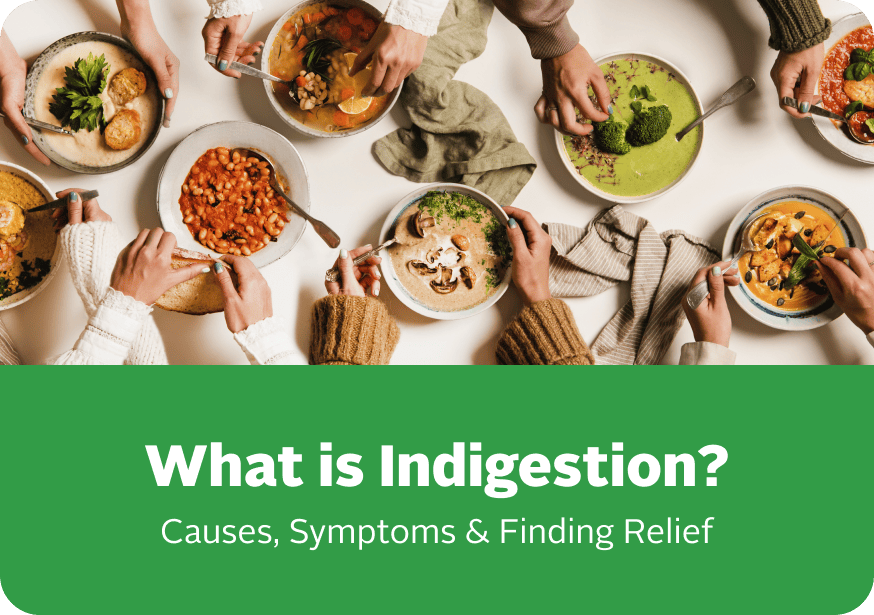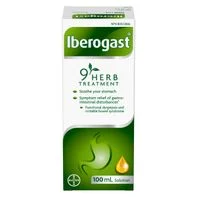Indigestion, also known as dyspepsia or upset stomach, is marked by pain, burning, or discomfort in the upper stomach area – usually after eating. While it happens to everyone from time to time, it can be quite uncomfortable, leading many to seek quick relief and tips to prevent it.
If you're curious about the potential causes of indigestion, the symptoms to pay attention to, and some effective ways to get rid of indigestion and feel better fast, keep reading.










